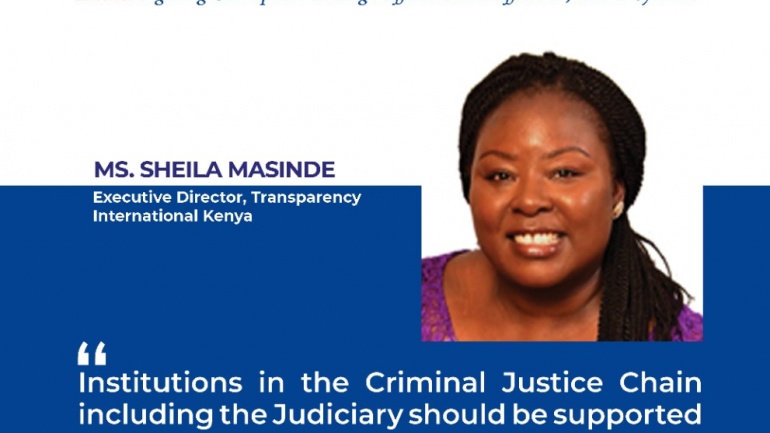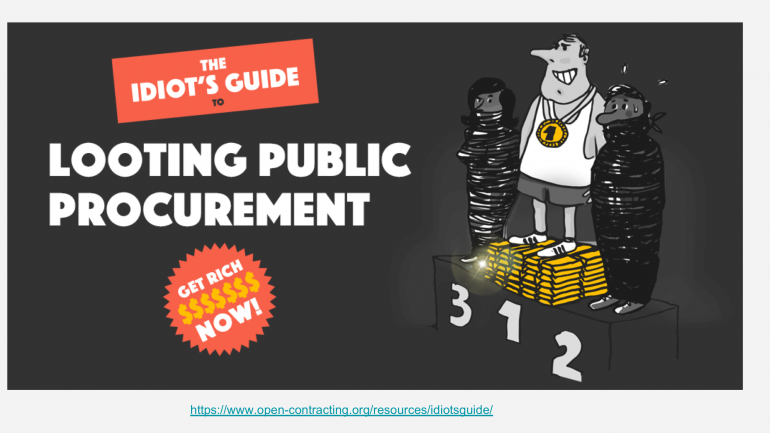In the recent weeks, albeit months, the country has witnessed a record number of serious corruption related scandals in the country. In nearly all the news channels, corruption has been the major theme. The proceedings, blame games and mysteries reported about corruption have become a norm of what is todays’ Kenyan media coverage. If Kenyans are not angry by now, probably they will never be.
Citizens are critical allies in the fight against corruption. At the heart of communities in Nairobi, lies avenues for citizens to access information that is simple, relevant and beneficial to them. As a watchdog, the media plays an important role in ensuring that the country’s resources are well utilised. Community media streams in particular, has an important role in educating their audience about national agendas that affect them. Among these, is the runaway corruption. It is encouraging how the media has sustained the campaign on corruption by consistently highlighting corruption scandals in the country. However, we can do more.
Action for Transparency team held a media forum on 28th June 2018 with journalists and members of community media organisations in Nairobi to discuss and share experiences on how community media can amplify community voices in the fight against corruption in Kenya.
Discussion
- How can the community media keep the anti-corruption campaign alive?
- How can we help communities participate in this discourse?
- What is the role of community media towards amplifying community voices?
- How can community media break down effects of corruption to the general public?
- What are the ways in which journalists can represent community voices/interests? (Public Interest
The forum was attended by 32 participants. The panelists included: Tom Mboya – Koch FM, Alex Ikambi – Kenya Community Media Network (KCOMNET), Kevin Mabonga – TI-Kenya and Abraham Mariita as the moderator.
Amongst the issues raised was that community media should break down the cost of corruption to what is easily relatable or understood by their audience. Tom Mboya agreed with Kevin Mabonga that journalists should breakdown the cost of corruption by equating equivalence of the money lost, vis-a-vis what it could do for the citizen.
Community media should also utilise their intimate relationship with their audience in order to cultivate feedback in regards to expressing their views about transparency and accountability issues.
Alex Ikambi asked the participants to ensure that they go down to the community and find out if a reported issue of corruption has been resolved.
Some journalists present, asked for capacity building opportunities for journalists in community media in order to enable them tackle the issues of corruption better. In addition, it was suggested that TI-Kenya and other organisations should partner with the community media to organise public forums.
Michael from Mtaani radio asked participants from other community radios to think of other avenues that can help amplify community voices in unison, like coming up with a newspaper to publish stories.
Notably, two community radio stations have been on the forefront in empowering their audience to fight corruption. Koch Fm held a Community Accountability Forum, that brought together members of Korogocho area, community and political leaders in order to keep an account of the developmental aspects of that area. On the other hand, Ghetto FM has stated a project called Follow The Money in partnership with a Nigerian organisation, to educate and empower their audience to track expenditure of public funds.
The engagements with community media will be on-going, including participating together in forums and fostering synergies that will help empower citizens across the County.
View more photos of this event here.




